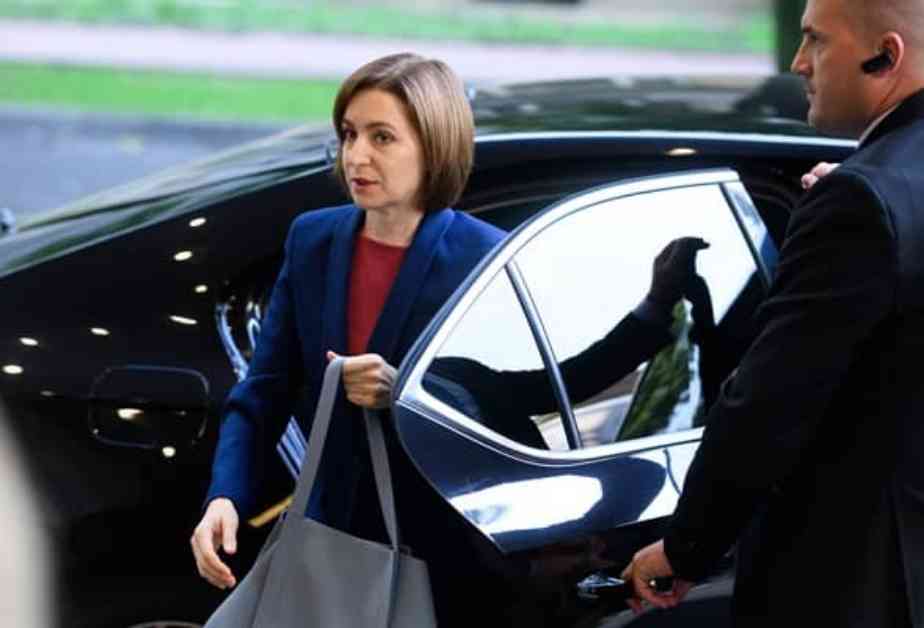The recent election in Moldova has caused controversy, with Russia refusing to recognize President Maia Sandu’s victory. The Kremlin’s spokesman, Dmitry Peskov, stated that Russia does not acknowledge Sandu as the legitimate president due to the lack of majority support. Russian MP Sergey Mironov also accused the West of interfering in the election and influencing the outcome.
Sandu won the election with 55.3% of the votes, but the Kremlin-backed predecessor, Igor Dodon, has accused her of manipulation. The socialist party is planning to appeal Sandu’s win, claiming violations by authorities. Mironov highlighted the discrepancy in votes between Moldova and abroad, suggesting that the West has suppressed unwanted voters to secure Sandu’s victory.
The situation has raised concerns about the future of Moldova and its relationship with Russia. Despite historical ties and a significant Russian-speaking population in Moldova, the election results have sparked tensions. It remains to be seen how the country will navigate this political turmoil and whether Sandu’s presidency will lead to the catastrophe that some fear.
Ultimately, the dispute over the election outcome reflects larger geopolitical tensions and power struggles in the region. The role of external influences, such as the West and Russia, in Moldova’s internal affairs has further complicated the situation. As Moldova grapples with the aftermath of the election, it is crucial for the government to listen to its citizens and prioritize their interests over external agendas. Only through genuine democracy and transparency can Moldova hope to overcome these challenges and move forward as a united nation.












